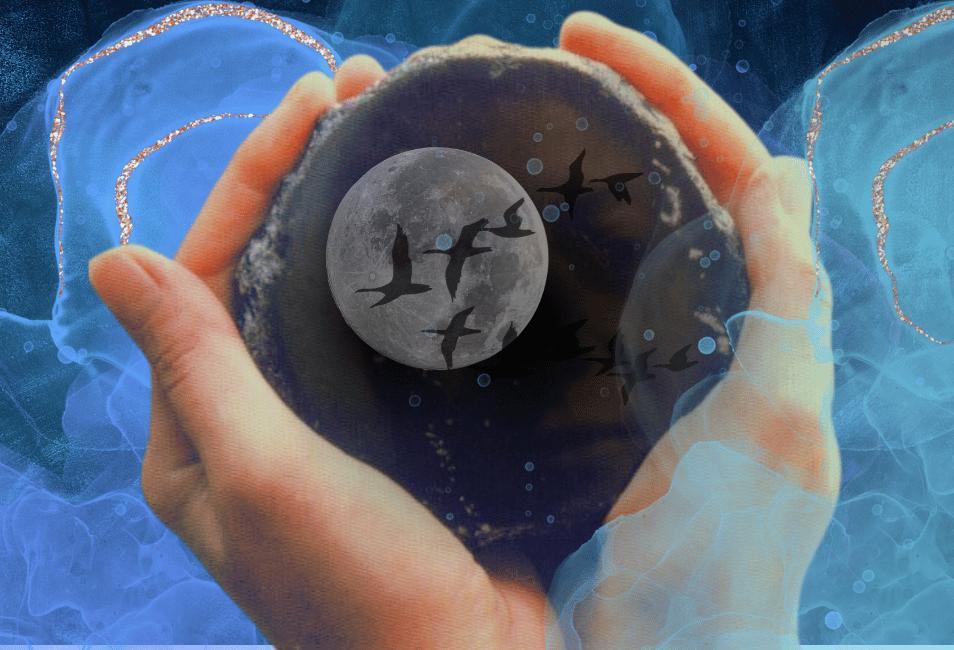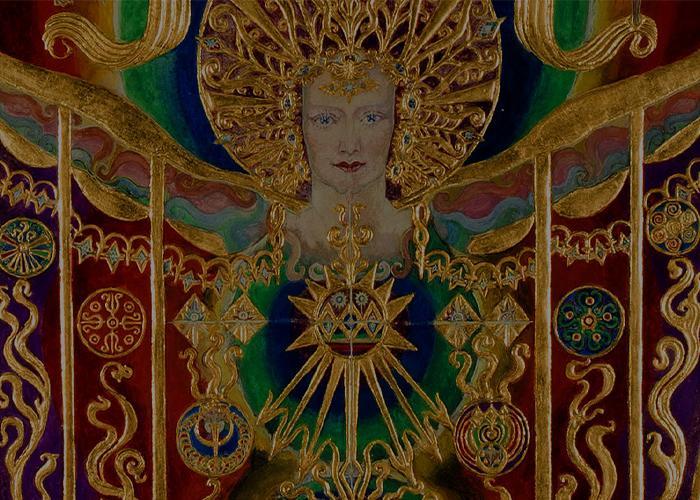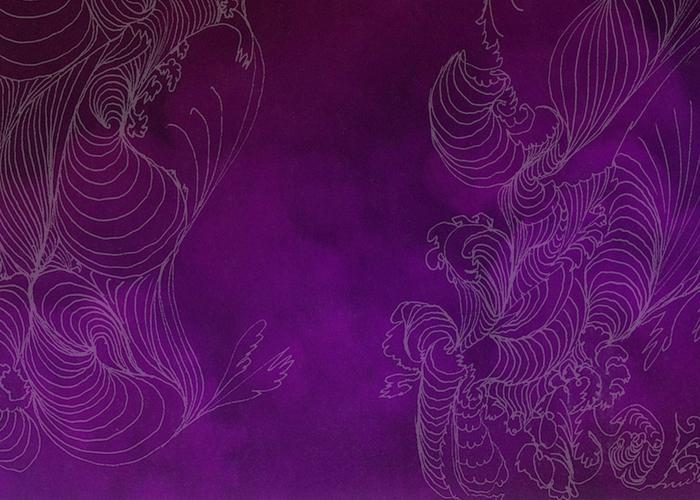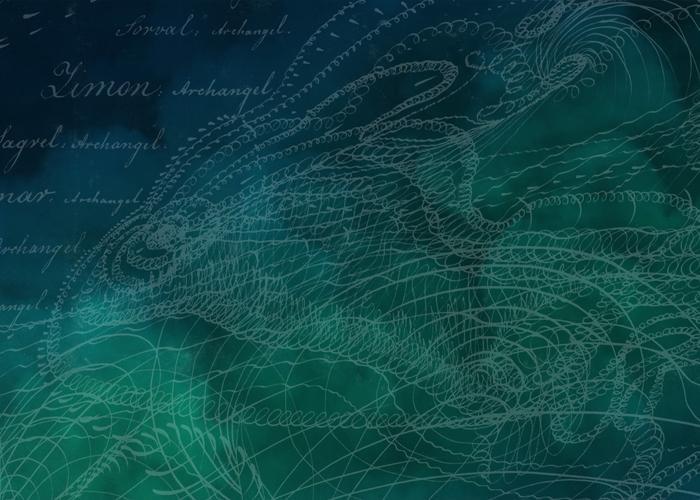A glance at The College of Psychic Studies' course prospectus will tell you that the practice of divination is very much alive and well in contemporary society. Our divination courses, whether they be geomancy, astrology, scrying or tarot, are often sold out, and there is a growing waiting list for each term's new iteration. So what, exactly, is divination? And why is it such an enduring practice in our predominantly rational, reason-oriented western world?
What is divination?
Divination is the art of seeking knowledge through the supernatural. It has been a fascinating ingredient of human history for millennia. We have long looked to the stars and planets, the elements, and even the movements of birds and animals to gain insight into a 'bigger picture' or to connect with the ineffable. This ancient practice has evolved over time and across cultures, blending tradition, spirituality and intuition to offer us humans a common ground as we seek the certain in the uncertain, the comfort of knowledge in the great unknown.
Ancient roots of divination
The origins of divination are as ancient as civilisation itself, with early humans likely using natural phenomena to interpret the will of the gods or predict the future. In prehistoric times, divination may have taken the form of observing the patterns in the stars, the movement of animals, or the cracks in bones after being heated. These methods reflect a deep connection with the natural world, a belief (not uncommon to students at The College of Psychic Studies!) that the universe is filled with signs and symbols waiting to be interpreted.
Mesopotamia and the seeds of astrological divination
One of the earliest and most organised systems of divination came from Mesopotamia, where the Sumerians, Akkadians and Babylonians practiced astrology as a way to understand the will of the gods. By studying the movements of planets, they could predict important events, from natural disasters to the fate of kings. The Enuma Anu Enlil, a collection of tablets from the second millennium BCE, documents some of these astrological practices, showing how vital divination was to the rulers and priests of this time.
Ancient Egypt and dream interpretation
The ancient Egyptians believed that dreams were a way for the gods to communicate with us mortals, and professional dream interpreters played an essential role in society. The Ramesside Dream Book, a papyrus from the New Kingdom, is one of the earliest known texts detailing dream interpretation, showing how specific symbols were linked to future events. The ancient Egyptians used other forms of divination, too, such as hepatoscopy - the reading of animal livers - to interpret the will of the divine.
Divination in Ancient Greece and Rome
In ancient Greece, divination was an institutionalised part of society, with oracles and seers holding respected positions. Perhaps the most famous oracle was the Oracle of Delphi, where the priestess known as the Pythia would enter a trance-like state and deliver prophecies from the god Apollo. Pilgrims from all over the Mediterranean would come to seek her advice on matters of war, politics, and personal life.
The Greeks also practiced augury, interpreting the flight patterns of birds, and necromancy, the summoning of spirits to gain knowledge from the dead. These practices were deeply ingrained in Greek culture and reflected the belief that the gods and the spirit world were actively involved in human affairs.
In Rome, divination was formalised into state-sponsored practices. The Romans employed haruspices, priests who would examine the entrails of sacrificed animals, particularly the liver, to determine the will of the gods. Augurs also played an essential role in Roman politics, using signs from birds and other natural omens to guide decisions in war and governance.
The I Ching and Oracle Bones in China
In China, divination has ancient roots, with one of the earliest practices being oracle bone divination. During the Shang dynasty (1600–1046 BCE), questions would be inscribed on animal bones or turtle shells, which were then heated until they cracked. The cracks were interpreted by diviners, who would provide answers from the gods or ancestors.
Another significant Chinese divination system, which many of us still draw on today, is the I Ching, or 'Book of Changes'. This ancient text, dating back to around 1000 BCE, provides a complex system of divination based on interpreting hexagrams created by the casting of yarrow sticks or coins. Each hexagram corresponds to a philosophical concept, providing guidance for decision-making and understanding the flow of events in the universe.
India: Vedic astrology and palmistry
In ancient India, Vedic astrology, or Jyotish, emerged as a central practice for divining the future. Like western astrology, Jyotish involves studying the positions of celestial bodies at the time of a person's birth to understand their destiny and future events. It has roots in the Vedas, ancient sacred texts, and is still widely practiced today.
Palmistry (Chiromancy) also has ancient roots in India, where the lines and shapes of the hand were believed to reflect an individual's character and fate. This practice spread from India to the Middle East and Europe, where it became a popular method of divination in later centuries.
The evolution of divination in the Middle Ages and Renaissance
During the Middle Ages, divination practices in Europe became intertwined with religious beliefs and superstition. While the Church often condemned divination as heresy, many practices persisted among the common people. Methods like scrying (gazing into reflective surfaces such as crystal balls or water), tarot cards, and runes gained popularity during the medieval period and the Renaissance.
In the 16th century, Nostradamus, a famous French astrologer and physician, became known for his cryptic predictions, which are still studied and debated today. His quatrains reflect the Renaissance's fascination with the mystical and the unknown.
Divination today
Today, divination continues to thrive, both as a spiritual practice and as part of popular culture. Tarot readings, astrology, palmistry, and other forms of divination have become a mainstay for guidance, self-reflection and connection to a greater spiritual reality. And now, of course, we have a digital approach to divination, with online tarot readings and astrology apps making these ancient divination practices more accessible than ever before. You can join our divination courses from anywhere in the world - they are all online. If the course is sold out, register your interest to join next term.
See What's On at The College of Psychic Studies:
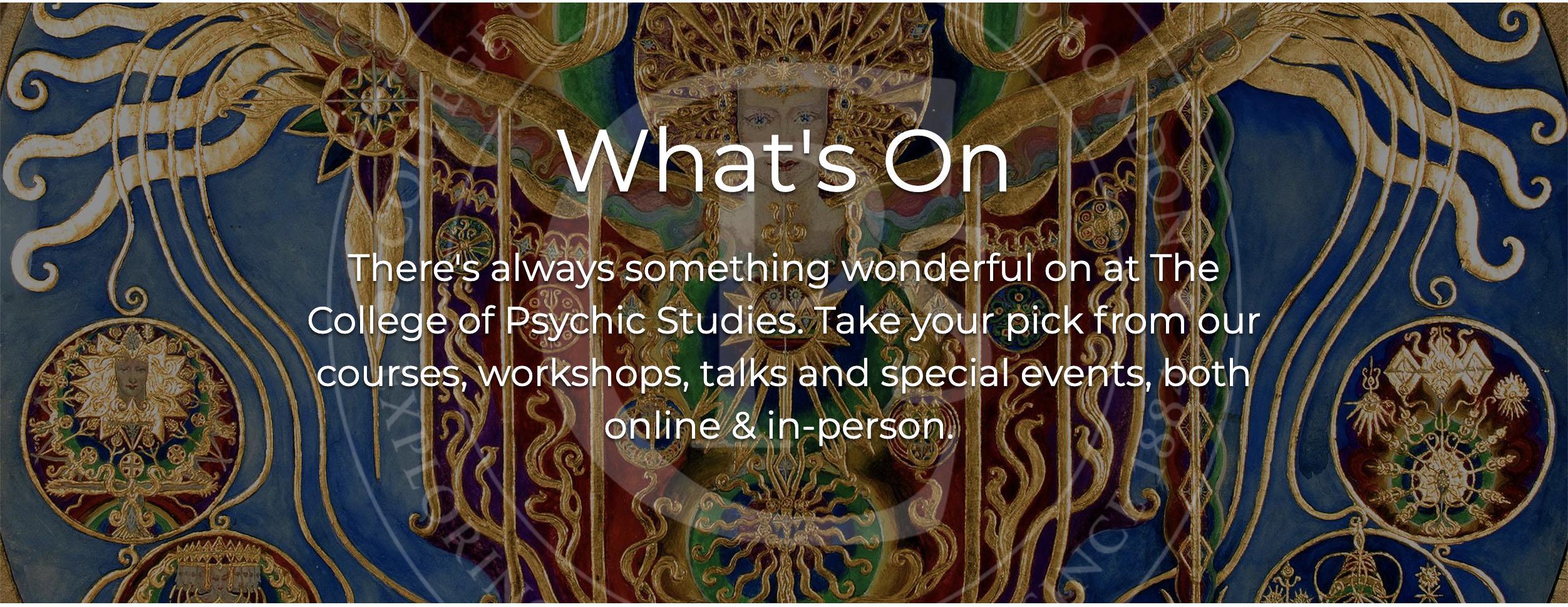
Join our newsletter to keep connected with The College of Psychic Studies.

